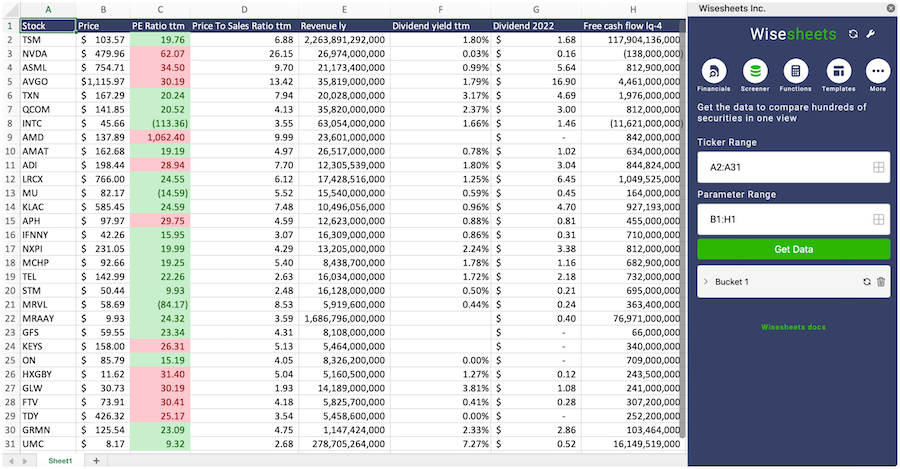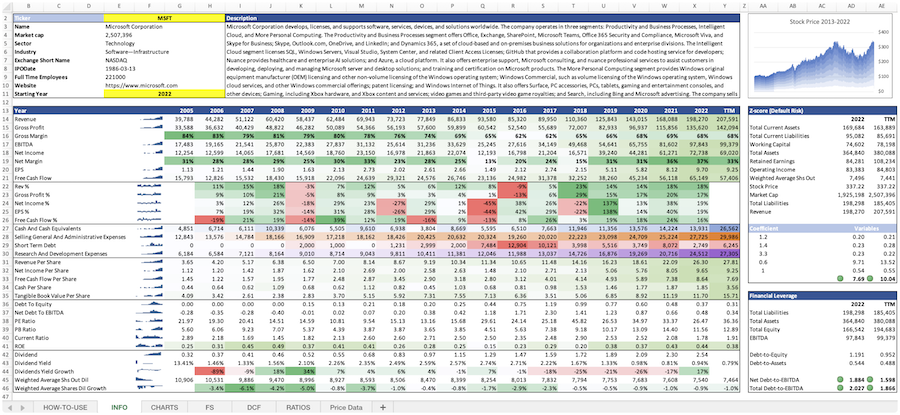XPeng Inc.
XPEV
Price:
$16.77
Market Cap:
$113.88B
XPeng Inc. designs, develops, manufactures, and markets smart electric vehicles in the People's Republic of China. It offers SUVs under the G3 and G3i names; four-door sports sedans under the P7 name; and family sedans under the P5 name. The company also provides sales contracts, maintenance, super charging, vehicle leasing, insurance agency, ride-hailing, technical support, automotive loan referral and auto financing, music subscription, and other services. XPeng Inc. was founded in 2015 and is headquartered in Guangzhou, the People's Republic of China.
Industry
Auto - Manufacturers
IPO Date
2020-08-27
Stock Exchange
NYSE
Ticker
XPEV
PE Ratio
[-25.80]
ROE
[-9.33%]
Current Ratio
[1.12]
Dividend Yield
[0%]
Enterprise Value
[131.05B]
Dividend History
The Current Ratio as of February 2026 (TTM) for XPeng Inc. (XPEV) is 1.12
According to XPeng Inc.’s latest financial reports and current stock price. The company's current Current Ratio is 1.12. This represents a change of -5.16% compared to the average of 1.18 of the last 4 quarters.
XPeng Inc. (XPEV) Historical Current Ratio (quarterly & annually)
How has XPEV Current Ratio performed in the past?
The mean historical Current Ratio of XPeng Inc. over the last ten years is 2.87. The current 1.12 Current Ratio has changed 3.79% with respect to the historical average. Over the past ten years (40 quarters), XPEV's Current Ratio was at its highest in in the December 2020 quarter at 5.06. The Current Ratio was at its lowest in in the March 2019 quarter at 0.
Average
2.87
Median
1.81
Minimum
1.25
Maximum
6.28
XPeng Inc. (XPEV) Current Ratio by Quarter and Year
Discovering the peaks and valleys of XPeng Inc. Current Ratio, unveiling quarterly and yearly fluctuations to gain insights into the company’s financial performance and market dynamics, offering valuable data for investors and analysts alike.
Maximum Annual Increase = 236.57%
Maximum Annual Current Ratio = 6.28
Minimum Annual Increase = -76.04%
Minimum Annual Current Ratio = 1.25
| Year | Current Ratio | Change |
|---|---|---|
| 2024 | 1.25 | -17.37% |
| 2023 | 1.51 | -16.35% |
| 2022 | 1.81 | -33.42% |
| 2021 | 2.71 | -46.46% |
| 2020 | 5.06 | 236.57% |
| 2019 | 1.50 | -76.04% |
XPeng Inc. (XPEV) Average Current Ratio
How has XPEV Current Ratio performed in the past?
The current Current Ratio of XPeng Inc. (XPEV) is less than than its 3-year, less than than its 5-year, and less than than its 10-year historical averages
3-year avg
1.52
5-year avg
2.47
10-year avg
2.87
XPeng Inc. (XPEV) Current Ratio vs. Peers
How is XPEV’s Current Ratio compared to its peers?
XPeng Inc.’s Current Ratio is greater than Geely Automobile Holdings Limited (0.95), less than Li Auto Inc. (1.80), greater than NIO Inc. (0.94), less than PulteGroup, Inc. (5.15), less than Rivian Automotive, Inc. (2.71), less than Ulta Beauty, Inc. (1.33), less than Stellantis N.V. (1.27), greater than Restaurant Brands International Inc. (1.06), less than Tapestry, Inc. (1.52), less than Williams-Sonoma, Inc. (1.43),
| Company | Current Ratio | Market cap |
|---|---|---|
| 0.95 | $20.55B | |
| 1.80 | $17.50B | |
| 0.94 | $10.53B | |
| 5.15 | $26.23B | |
| 2.71 | $17.56B | |
| 1.33 | $30.43B | |
| 1.27 | $29.55B | |
| 1.06 | $22.72B | |
| 1.52 | $26.89B | |
| 1.43 | $25.77B |
Build a custom stock screener for XPeng Inc. (XPEV) and other stocks
One of the best ways to find valuable stocks to invest in is to build a custom made screener in your Excel or Google Sheets spreadsheet. This allows you to compare thousands of companies like XPeng Inc. using the financials and key metrics that matter to you in a single view.
The easiest way to set this up is to use the Wisesheets add-on and set your spreadsheet like this:
Covering all these metrics from financial, data, dividend data, key metrics and more you can get all the data you want for over 50+ exchanges worldwide.
Get your free trial here.
XPeng Inc. (XPEV) and other stocks custom spreadsheet templates
The easiest way to analyze a company like XPeng Inc. or any others is to create a spreadsheet model that automatically retrieves all of the stock data you need.
Using Wisesheets you can set up a spreadsheet model like this with simple spreadsheet formulas. If you change the ticker you can get all of the data automatically updated for you.
Whether you need live data, historical price data, financials, dividend data, key metrics, analyst estimates, or anything else...Wisesheets has you covered.
Frequently asked questions❓
What is the Current Ratio?
How can you use the Current Ratio?
What is XPeng Inc.'s Current Ratio?
How is the Current Ratio calculated for XPeng Inc. (XPEV)?
What is the highest Current Ratio for XPeng Inc. (XPEV)?
What is the 3-year average Current Ratio for XPeng Inc. (XPEV)?
What is the 5-year average Current Ratio for XPeng Inc. (XPEV)?
How does the current Current Ratio for XPeng Inc. (XPEV) compare to its historical average?

